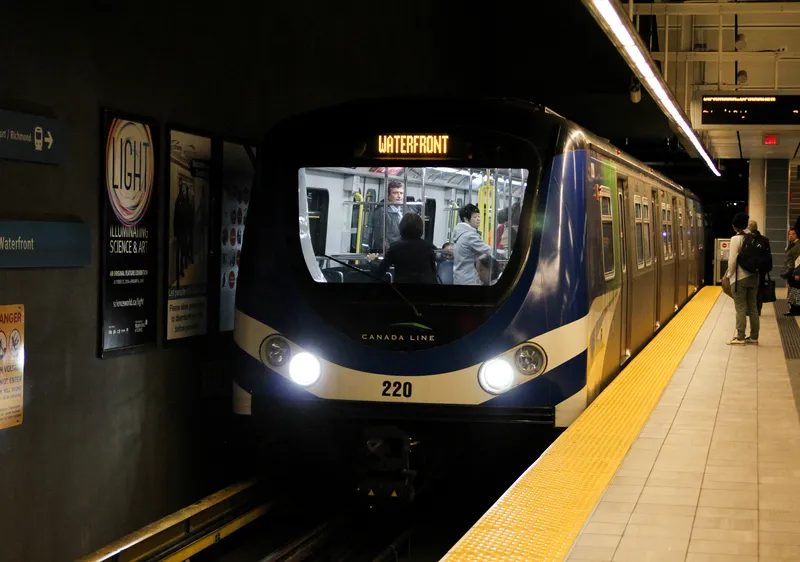
Thales has been selected to provide its SelTrac communications-based train control (CBTC) signalling technology for the Vancouver Broadway Subway Project.
The Broadway Subway is an extension of the SkyTrain’s Millennium Line, extending it 5.7km along the Broadway Corridor, one of the busiest bus routes in North America.
It will run from VCC-Clark Station to a new station at Arbutus Street. There will be a fully integrated interchange where the existing Canada Line will intersect.
From Arbutus Station, the 99 B-Line bus service will connect passengers to the University of British Columbia. The new line will consist of 700m of elevated track and proceed underground for 5km, with six stations below the Broadway Corridor.
Skytrain’s Expo, Millennium and Canada lines in Vancouver are already equipped with Thales SelTrac technology, along with other projects in Toronto, New York City, Dubai, Doha and Santiago.
Thales is contracted by the Broadway Subway Constructors General Partnership (BSCGP).
British Columbia selected BSCGP to complete the design and construction of the line, which will be operated and maintained by British Columbia Rapid Transit.
Construction of the Broadway Subway Project is expected to start before then end of this year and is scheduled for public opening in 2025.
“The Broadway Subway is a key project in the City of Vancouver’s Transportation 2040 strategic plan,” said Dominique Gaiardo, vice president and managing director for Thales’ urban rail signalling business.
“Thales will continue to build local expertise and contribute to the mass transit capacity expansion in Vancouver with the innovative SelTrac CBTC system."









